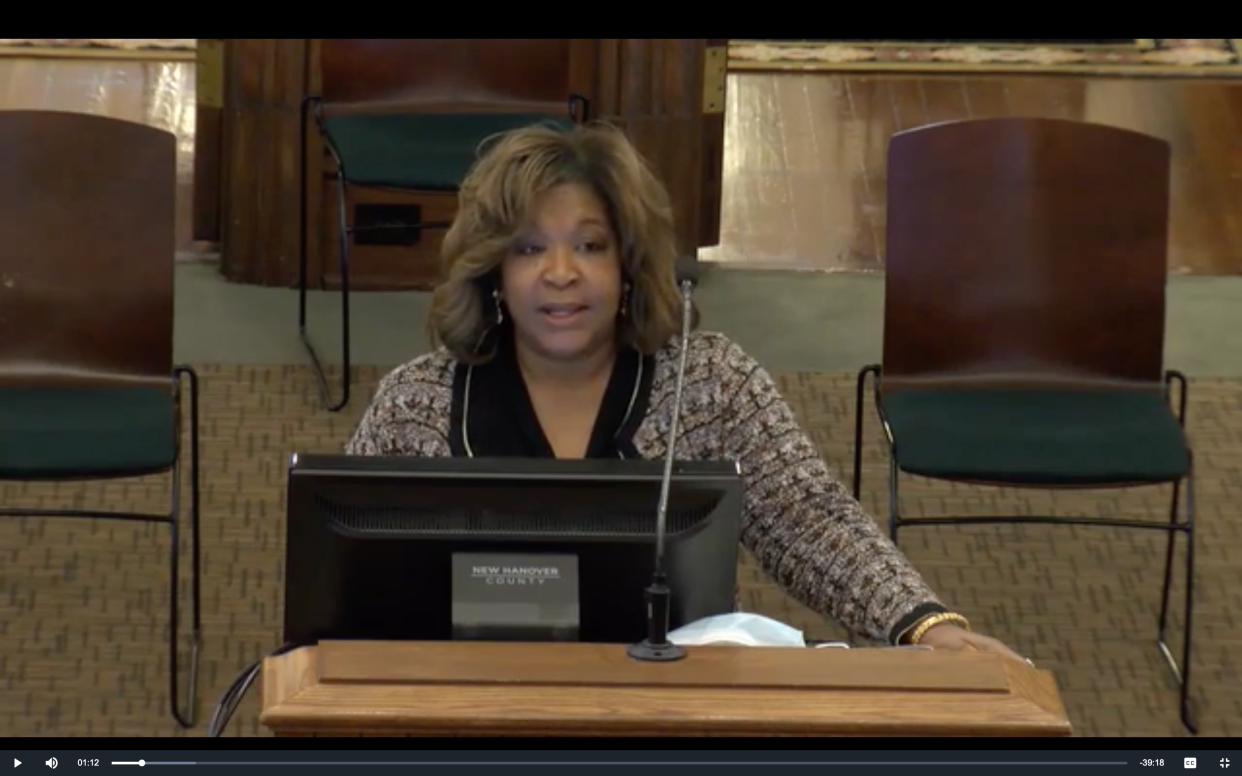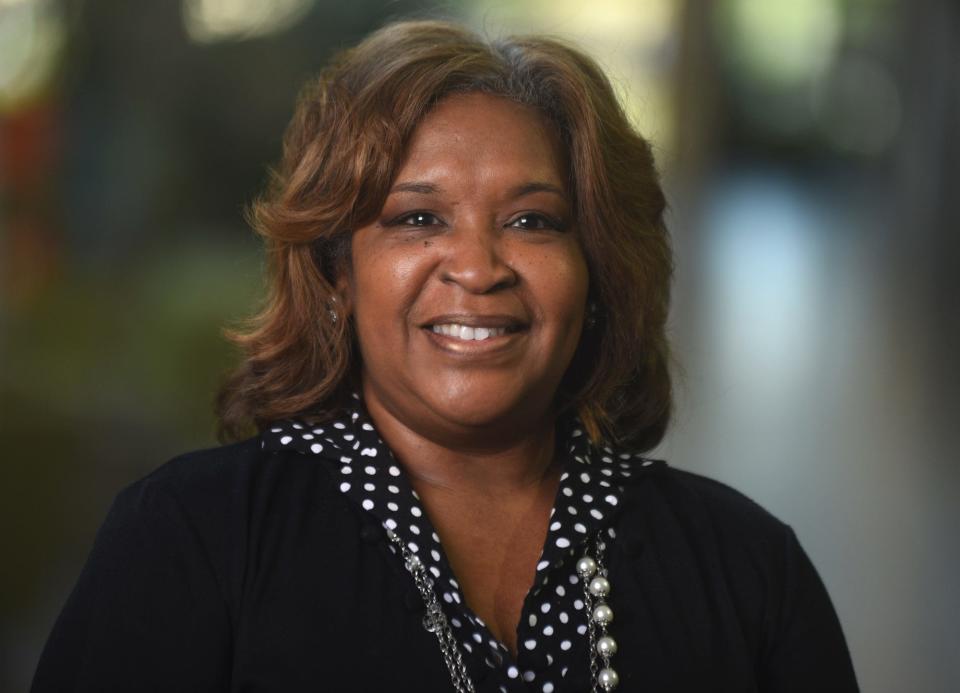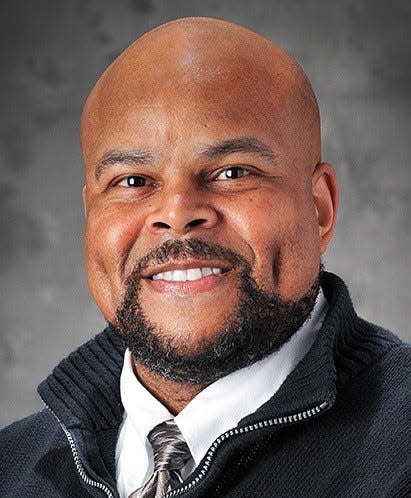'Not the bias police': How Wilmington diversity, equity, inclusion leaders work for change

In 2019, none of the governments in New Hanover County had departments devoted to diversity, equity and inclusion.
Four years later, New Hanover County has the Office of Diversity and Equity. The city of Wilmington has an office of Equity and Inclusion. And New Hanover County Schools has an office of Diversity, Equity and Inclusion.
And that doesn't count area institutions (University of North Carolina Wilmington, Cape Fear Community College) and businesses (nCino, Novant Health) with staffers dedicated to promoting diversity, equity and inclusion, or DEI.
In the simplest terms, a DEI-centered approach to government or business is meant to improve overall outcomes by breaking down barriers between people and putting everyone on a level-as-possible playing field. That's done in part by exposing bias where it exists and intentionally including the people (racial minorities, people with disabilities, people who are LGBTQ) who have generally been excluded.
More:For Linda Thompson, interest in equity led to New Hanover County role
"Equity issues, it's not just about race or about gender," said Linda Thompson, the chief diversity and equity officer with New Hanover County since the office was established in 2020.

Thompson cites the example of her own mother, who she said used to make negative comments about people who were overweight.
"That was wrong," Thompson said. "I finally sat her down one day, she was 82 years old. 'I never realized I was doing that.' She said that her mom, her sisters did that, but she did not want to continue to do it. She knew it was harmful.
"If you can learn a negative bias, you can unlearn it. But before you can make the changes, you have to educate people."
Education and training
Thompson said DEI is largely about education and training. One of the four full-time staffers in her office, equity specialist Travis Corpening, trains county employees in DEI principles.
Thompson's office also looks to address such issues as poverty, which she said affects about 30 percent of people countywide. With pandemic-era supplements for food stamps set to expire, she said, "This is going to hit a lot of homes hard," with thousands of families potentially affected.
She said her office has recently been examining the results of a report on ways to reduce poverty countywide.
People often come to her office with various complaints, and while "we don't investigate" complaints, Thompson said, they do direct people to the relevant departments.

Creating a 'roadmap'
In general, DEI departments have far-reaching goals. Joe Conway has been the chief equity and inclusion officer for Wilmington for the past year.
"I take my marching orders from the Rise Together initiative" passed by the Wilmington City Council in August of last year, Conway said. The initiative aims, in its words, to "ensure that Wilmington is a community where every citizen is valued and shares in the same opportunities for prosperity and quality of life regardless of color, class, or creed," while involving "our entire community, from local government to the nonprofit sector and our business community."
Changes like that don't happen overnight, so for now Conway said the city's DEI department is focused more inwardly.
"It's going to be hard to expect the public" to buy in if the city staff hasn't bought in, Conway said, so right now he's focusing on implementing training for front line workers and middle management, and working on the plan for a "roadmap" he'll present to the city council by the end of March.
Ultimately, Conway said, "We want (Wilmington) to become the model for other municipalities to duplicate. We're better as a city staff, better as a city," if DEI ideals can be implemented and people take its lessons to heart.
At the same time, he said, "I'm not the bias police. I lay bread crumbs. I don't force feed."
Last August, Malcolm Johnson was named New Hanover County Schools' first chief of equity, diversity and inclusion officer.
More:Meet the Wilmington local trailblazing diversity efforts in New Hanover County Schools
Johnson said he's spent a lot of time in his first few months on the job visiting schools and meeting with the DEI point person at individual schools.
He said the highlight of his tenure so far has been the high level of "school-level buy-in I've been seeing" at the schools he's been visiting.
"These are difficult but crucial conversations," he added. "It takes welcoming all these different voices to be able (to) provide a healthy climate and culture for our teachers and staff (and) stand firm in what that means to our students."
Johnson said he talks and collaborates with other DEI professionals, including Thompson and Conway.
One thing both Conway and Thompson discussed working on together is a "language-access plan" for services that could potentially cut across government lines. Thompson said 5 percent of local residents are now Spanish speakers, with the third-most-common language spoken locally (of more than 30 overall) being American sign language.
The year ahead
On Feb. 23 from 6-8 p.m. at the Cape Fear Museum, the New Hanover County Office of Diversity and Equity will host the first session of the year in the Changemakers Series, a year-long exploration of the history of local race relations. Ronald Sparks, a former Wilmington City Councilman and business owner who is Black, and Charles Boney Jr., a Wilmington architect who is white, will talk about how their lifelong friendship was impacted by the violence surrounding local school integration.
November will mark the 125th anniversary of the coup and massacre of 1898, when Wilmington's biracial government was overthrown by an organized and violence group of white supremacists. Dozens of Blacks were killed, and hundreds more forced (or chose for their own safety) to leave town.
More 1898 history:Speakers warn of parallels between 1898 Wilmington Massacre and today
Thompson said the county's goal is "not to just talk about and dwell on" 1898, but to focus on what she calls "healing forward," with an emphasis on how today's residents have been impacted by the legacy of 1898.
"People ask me, 'Why do you keep talking about it?" Thompson said. "Unless you've had something traumatic happen to you, you don't know the impact."
This article originally appeared on Wilmington StarNews: Making a difference in Wilmington with diversity, equity and inclusion

